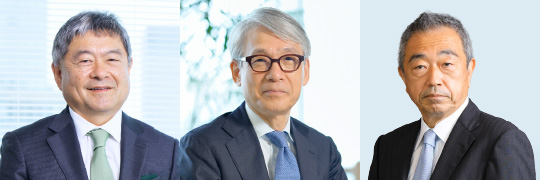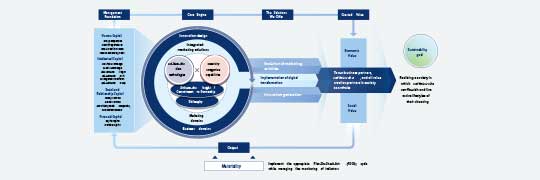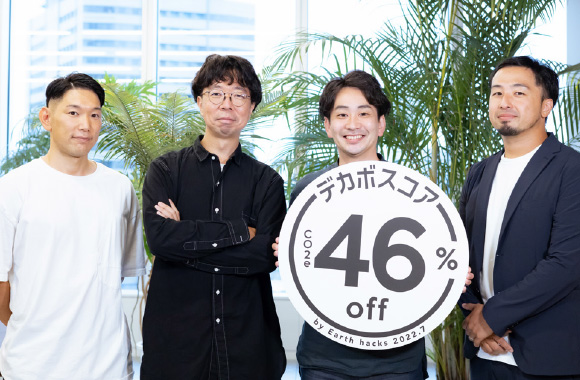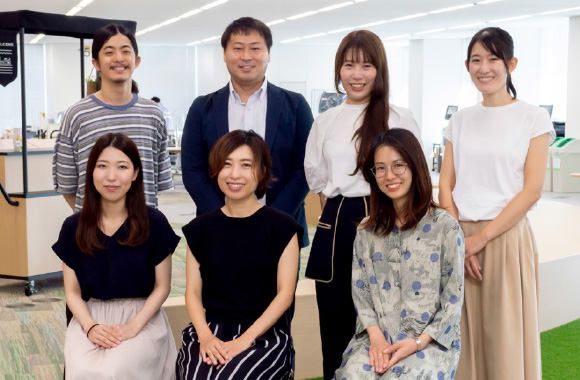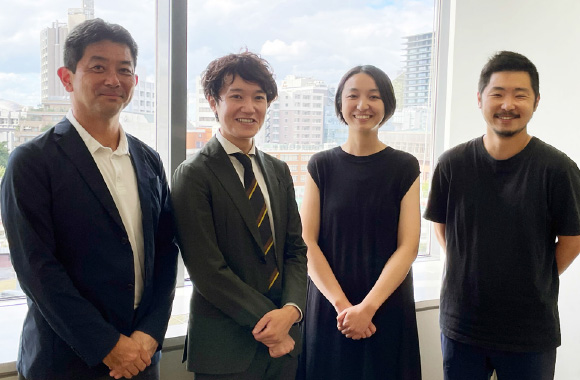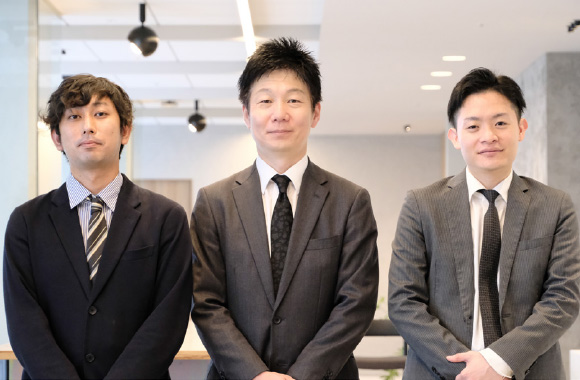Kicking off the project in July 2020, the Gehl team quickly realized that this problem required a solution at two scales: (1) a human-centered design for the testing experience, and (2) a deployment strategy that could operate at the national scale.To execute, the team needed to strike a balance between efficiency and quality design to deliver an effective solution and do so against the ticking clock of the global pandemic.
Toward Widespread Use of PCR Testing throughout the United States — Project Kiosk
-
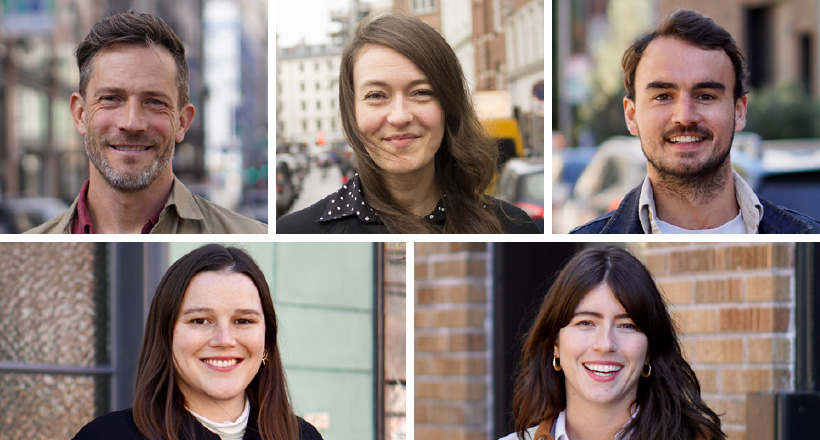
Gehl Project Kiosk members
(Top row, from left)Blaine Merker, Sofie Kvist, Simon Sochas
(Bottom row, from left)Adriana Akers, Rebecca Cook
Before there were vaccines and boosters to protect people from COVID-19, widespread testing was the key to safely reopening schools, workplaces, and public spaces. Today, with the rapid paced technical innovation that made Pfizer and Moderna into household names and at-home PCR tests seem almost pedestrian, the COVID-19 pandemic feels like a slightly more manageable global crisis than it did in its infancy. However, in its early days, uncertainty, obstacles, and experimentation were the only constants.
At the start of the pandemic, demand for testing continually exceeded the supply. And even when available, the populations most in need of access to rapid testing had the greatest barriers to getting tested—a fact that is particularly unjust given that marginalized groups are statistically more likely to contract the virus. Another early challenge was that with many people staying home instead of commuting to city centers, where testing could be efficiently deployed, it proved harder to get mass testing to large numbers of people.
Curative, a COVID-19 testing startup that is now known for scaling testing and vaccinations during the pandemic, was one of the early pioneers in the field: inventing a noninvasive oral swab PCR test for COVID-19. With one supplyrelated challenge solved, the next was fast approaching: Curative had no way of scaling their solution across cities in the United States to meet the rising demand. To solve this challenge, Curative engaged Gehl to develop a test collection system that used neighborhoods as infrastructure to get testing to those who needed it most.Overview of Gehl Architects Holding
-
Company
Gehl Architects Holding ApS
-
Office locations
Copenhagen (headquarters), New York, San Francisco
-
Established
2000
-
Participation in kyu
2022
-
Employees
86 (as of March 31, 2022)
-
Business details
Proposal of urban development strategies and plans; design of common spaces; design of master plans for spatial development; consensus building and project progression among local, governmental, and other stakeholders related to urban development; post-operational surveys of infrastructure; mobility strategies, planning, and development
-

Consulting local residents

Building a prototype
In just a few short weeks, the Gehl team developed a prototype and deployment strategy—and Project Kiosk was born. The Gehl design team developed prototypes for the Kiosk, a self-contained unit, approximately 50 square feet, fitted with proper mobile testing equipment to enable an efficient, self-contained, safe, and accessible process. Simultaneously, the Gehl strategy team developed a datadriven tool to help Curative and their implementation partners strategically identify new test sites and deploy testing kiosks where they were needed most. Together, the kiosk and data-driven siting approach helped Curative fill gaps in the existing testing system, and provided a more evenly and equitably distributed testing network nationwide.
During the design conception and development phase, Gehl worked with information designers to dramatically simplify the testing steps and process, enabling people of all ages, abilities and backgrounds a better, more streamlined healthcare experience. Using a geographic information system (GIS) model, Gehl put possible test siting factors to work using a multi-criteria decision framework that identifies areas of cities with a high epidemiological need and the greatest potential to reach underserved groups. The team designed the modeling tool to be flexible and adaptable based on local input. The pairing of kiosk design and placement with Gehl’s human-centered, data-driven approach, helped Curative fill the gaps in the existing testing system, enabling more evenly and equitably distributed testing networks in more than 30 cities nationwide.
Gehl responded to an emergency need with an innovative place-based solution to a service delivery challenge that we now see can be applied to a wide range of industries and sectors including healthcare, government, and retail. Today, the Curative kiosks, and their subsequent doppelganger counterparts can be found providing tests and vaccines across the country.
Since the collaboration in 2020, Curative has expanded Gehl’s role in their portfolio of healthcare offerings. Alongside the support of fellow kyu member companies BEworks, IDEO, and SYPartners, Gehl has collaborated with Curative on the conceiving and development of their placebased healthcare system, launched in Austin, Texas in 2022. Gehl is proud to have not only contributed to the broader fight against COVID-19 but also to have played a role in advancing health equity nationwide.

Steps to simplified PCR testing

Implementation priority score (Berkeley, California)
-
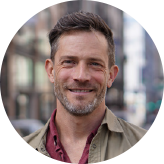
COVID-19 testing is not just an epidemiological issue. It is an urban design issue. You have to know how streets and public spaces and cities work to get testing to people. With this understanding, Gehl was able to innovate a place-based solution to a service delivery problem that we now see being widely applied to make equitable and widespread testing available where people are.
Blaine MerkerDirector, Partner, and Head of Climate Action at Gehl

